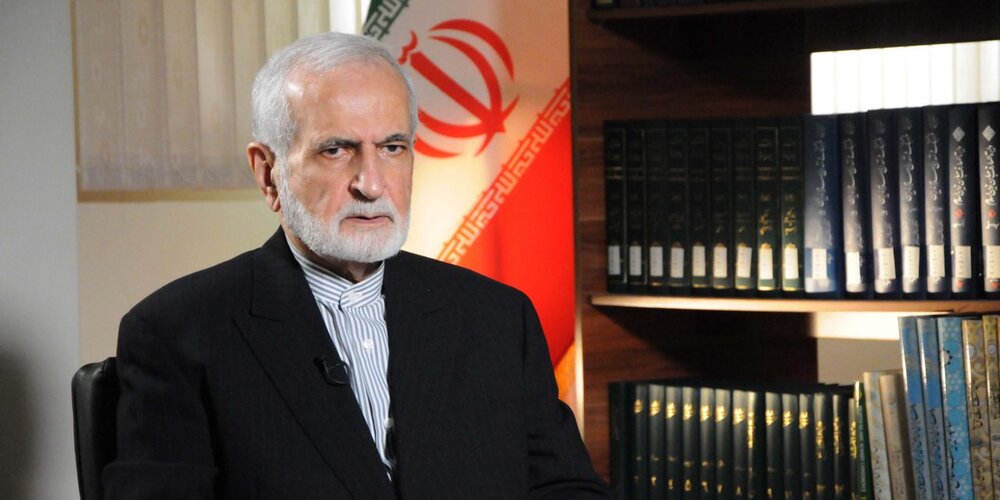Unpacking Iran's nuclear warning shot

TEHRAN – In what appeared to be a strong warning shot, Iran announced that it is technically capable of developing a nuclear weapon but it has no intentions of using that capability.
Kamal Kharrazi is usually reticent and cagey about Iran’s foreign policy. He rarely speaks to the press. And when he speaks, he chooses his words carefully and in a measured way. That’s why his recent remarks that Iran is now a nuclear threshold state should be read carefully.
In an interview with Al Jazeera, Kharrazi, who is the head of Iran’s Strategic Council on Foreign Relations (SCFR), said Iran does have the technical capability to build a nuclear weapon and that it is virtually a nuclear threshold state with nuclear deterrence. “That they [the West] speak of Iran getting closer to being a nuclear threshold state, [is nothing new]. It should be said that Iran is a [nuclear] threshold state and this is not clandestine. Iran is capable of building a nuclear bomb. But it has no intention of doing so,” he said, according to a readout of the interview put out by the SCFR website.
Kharrazi then explained why Iran does not intend to build such a weapon. “Nuclear weapon runs counter to Iran’s beliefs and its security exigencies. The mere possession of nuclear technology and the capability of building a bomb is a deterrent,” he said.
However, Kharrazi's remarks are of great importance due to the context in which they were made. They came at a time when Israel is pushing hard for a military option against Iran. During U.S. President Joe Biden’s visit to Israel, several former and current Israeli officials openly called on the U.S. president to threaten Iran with a military option in the hope that such a threat would intimidate Iran into giving up its nuclear program. To their chagrin, Biden stopped short of vigorously threatening Iran except in the joint declaration he signed with Israeli Prime Minister Yair Lapid. “The Jerusalem U.S.-Israel Strategic Partnership Joint Declaration” made two references to Iran in the context of accusing it of pursuing nuclear weapons. The Declaration highlighted a U.S. commitment to “use all elements of its national power to ensure” that Iran does not acquire nuclear weapons, which was seen as a veiled military threat.
Of course, Biden said in an interview with Israeli media that he will resort to the use of forces only as a “last resort.” This was a threat but it apparently fell short of Israeli expectations. It seems that the Israelis, disappointed at Biden, moved to threaten Iran directly. An Israeli top military official has said that preparing a military option against Iran is a “moral obligation” and that they are working to fulfill that obligation.
Kharrazi made it clear that Iran has done the same thing in terms of preparing a credible response to possible Israeli aggression. He said Iran conducted extensive military drills with the aim of striking deep inside Israel in the event that “our sensitive facilities are targeted.”
The Iranian official alluded to another point. He said it is impossible for Israel to eliminate “Iran’s nuclear knowledge” by pursuing “terrorist moves” against Iranian nuclear scientists.
“We have now enriched uranium up to 60%. Increasing enrichment to 20% was a tougher job. And reaching 60% purity was done in a matter of 2-3 days. Therefore, that is not difficult. We’re a screwdriver’s turn away from reaching the 90% purity,” he said, underlining that Iran’s nuclear knowledge cannot be eliminated through assassinations because it has taken root in Iran.
Kharrazi’s remarks indicated that Iran does not intend to build nuclear weapons and that a U.S.-Israeli attack against Iran will not succeed in stopping Iran’s nuclear program. But they could be a warning shot across the West’s bow that Iran is not without options if they keep threatening it and stonewalling in the nuclear talks. Iran has said it is willing to reach a fair solution to the nuclear issue but the West failed to reciprocate Iran’s goodwill.
